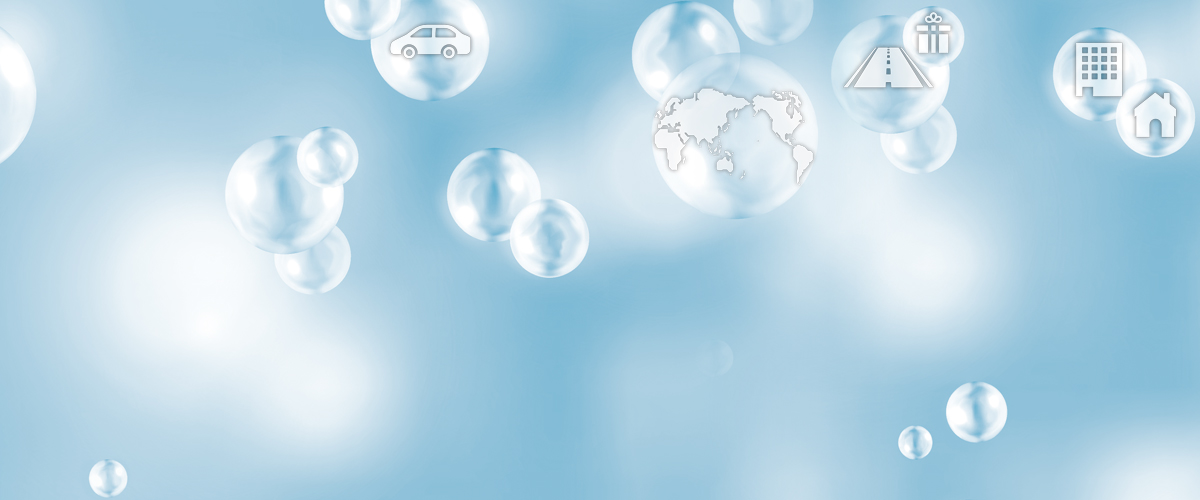
JSP has commercialized WALLBLOCK as a wall that does not use H steels based on the revision of the "Design and Construction Standard for EPS Method" and has accumulated many achievements as a road retaining wall. In 2016, we commercialized J-WALLBLOCK, which is more advanced in terms of workability, design and cost. The registration with NETIS was approved in 2020.

SUPERFOAM is a technology that forms hollow foam by foaming the blown resin itself. In addition to the lightweight and heat-insulating properties unique to foam, it can meet various needs, such as products with sound deadening properties.
When used in automotive air conditioning ducts, the weight can be reduced to less than half that of simple blown products (solid products). Its sound deadening properties can also reduce noise emitted from air conditioners.

SUPERFOAM is a technology that forms hollow foam by foaming the blown resin itself. In addition to the lightweight and heat-insulating properties unique to foam, it can meet various needs, such as products with sound deadening properties.
When used in automotive air conditioning ducts, the weight can be reduced to less than half that of simple blown products (solid products). Its sound deadening properties can also reduce noise emitted from air conditioners.

STYRODIA is expandable polystyrene beads, whose molded products have excellent heat insulation and shock-absorbing properties. It is widely used in Japan for food packaging materials, cushioning packaging materials, building insulation materials and civil engineering materials. Used molded products can be recycled as raw materials for a wide variety of re-manufactured products. The material recycling rate in Japan is more than 50%, and 90% if thermal recycling is included.

STYRODIABLOCK, expanded polystyrene blocks are ideal as lightweight fill material in the EPS civil engineering method. It is widely used in many fields in Japan.
The unit volume weight of EPS block is 0.12 to 0.35 kN/m3, which is about 1/100 of the unit volume weight of common fill materials. It minimizes the impact of the embankment on the existing ground. Its allowable compressive stress is 20 to 200 kN/m2 which is the necessary strength for embankments. It is also water-repellent and absorbs little water, so there is no change in wet density as in ordinary embankments. Uniform fill quality is ensured both before and after construction. Furthermore, it has a high shock-absorbing property and its buffering effect against falling rocks is several times greater than that of sand. It is an excellent cushioning material for the upper part of rock sheds.
STYRODIABLOCK has never been damaged or decomposed by microorganisms, insects or small animals in the soil. However, surface degradation due to ultraviolet rays does occur, so care should be taken when storing STYRODIABLOCK. In addition, even if ignited, flame-retardant STYRODIABLOCK will extinguish spontaneously within 3 seconds after the source of the fire is removed.
As for workability, STYRODIABLOCK is lightweight and can be installed by hand. Since it does not require large construction equipment, large-scale loading ramps, or temporary construction work, it can be installed on narrow lots and steep slopes. In replacement works such as soft ground measures, immediate construction and uniform quality are provided to the road. In addition, it can be constructed at a very low cost compared to the deep improvement method. The possibility of construction failure is small, and it is economical in total, including maintenance and management.
More than 20 years have passed since the EPS civil engineering method was introduced to Japan, with 9,800 projects and more than 4.73 million m3 of construction volume in Japan.

